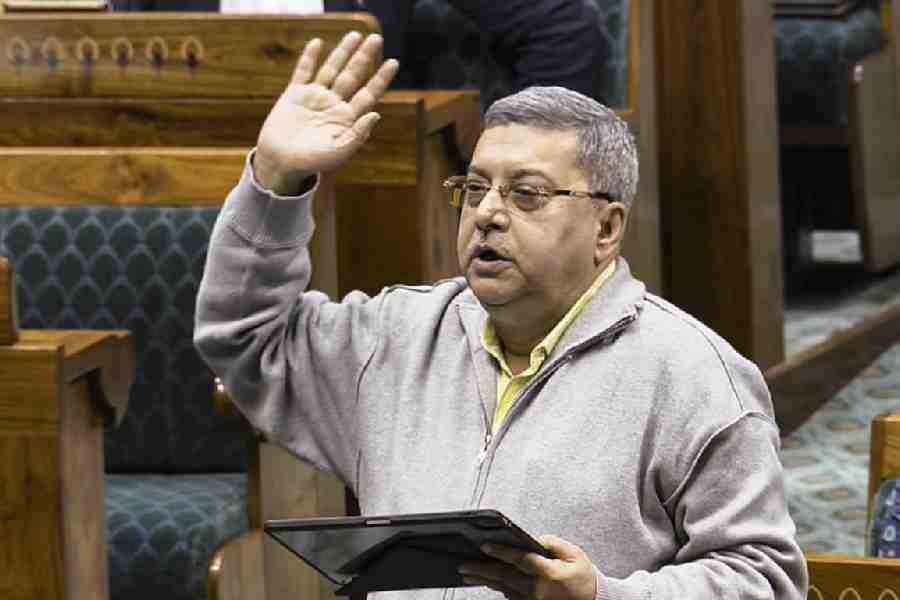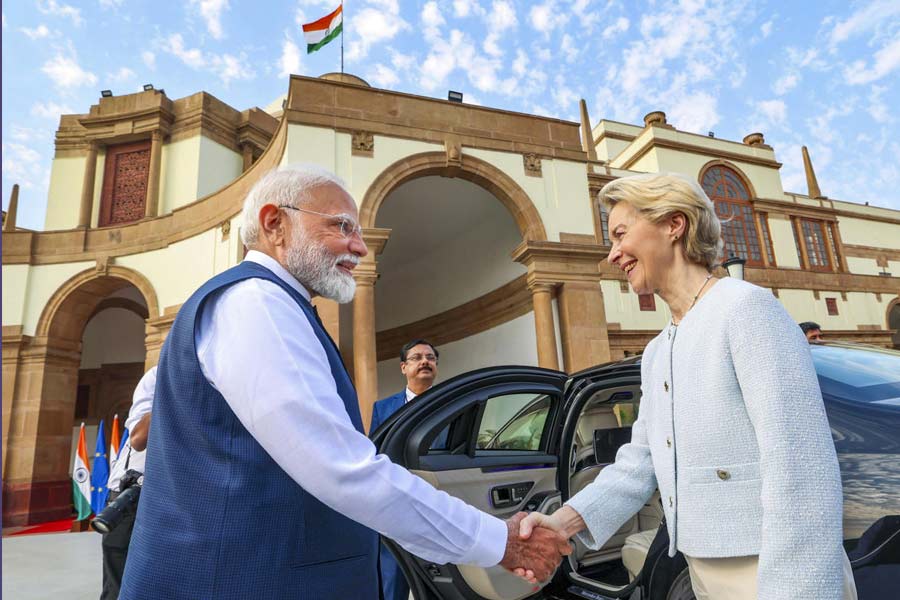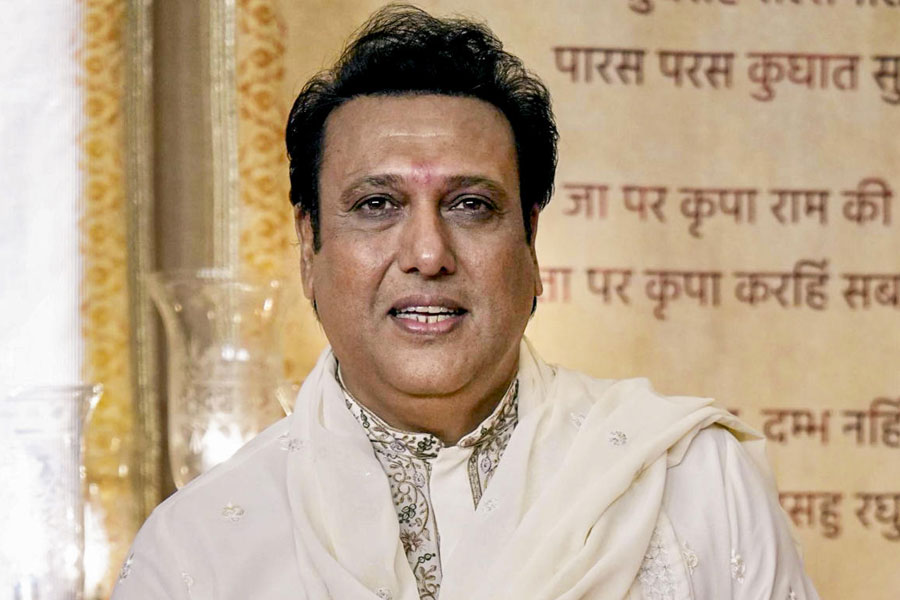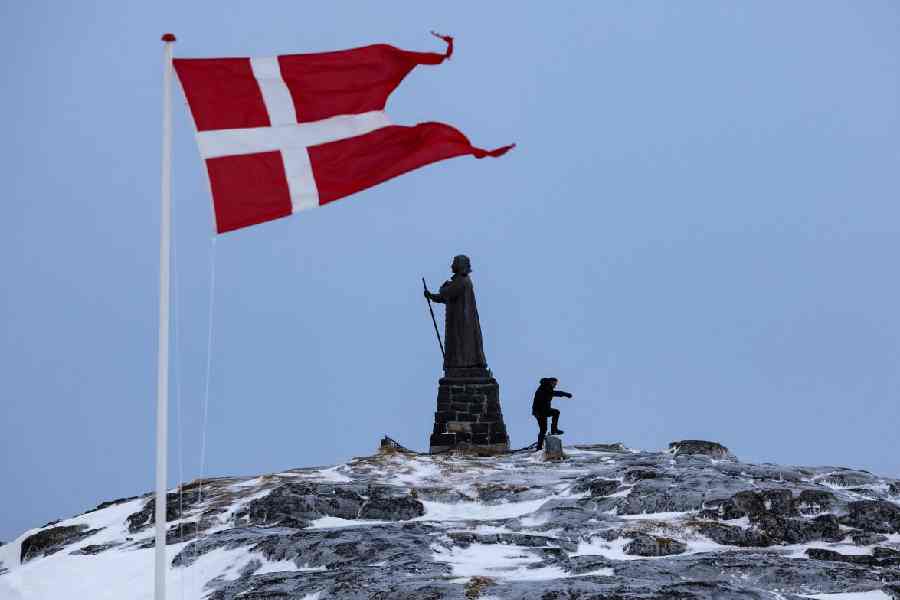A civil society group opposed to the Citizenship Amendment Act has written to the Chief Justice of India asking whether incumbent NRC Assam coordinator Hitesh Dev Sarma had the Supreme Court’s permission to question the accuracy of the register and file a criminal case against his predecessor Prateek Hajela.
In a letter to CJI N.V. Ramana on May 24, Coordination Committee Against Citizenship Amendment Act (CCACAC) chairman Hiren Gohain and chief coordinator Deben Tamuly said that since the Supreme Court had “monitored the entire process” of preparing the NRC in Assam with a view to ensuring its integrity and impartiality, and approved its final draft, it was “assumed by all responsible quarters that it was a reasonably correct document and that it had its bonafides beyond all doubt”.
But Sarma, the one-page letter said, “has from day one questioned the accuracy and validity of the document and made wild charges about millions of foreigners fraudulently making their way into its rolls”.
Sarma, who replaced Hajela in November 2019, has accused Hajela and others of manipulating data entry and avoiding quality check and verification to facilitate the inclusion of ineligible persons in the register, which is a document of Indian citizens.
The letter also referred to Sarma’s recent FIR against Hajela before the Assam police CID accusing him of “corrupt and biased management of the process leading to entry of millions of foreigners” in the NRC.
“He also produced some alleged proof of the charges on the basis of some sample survey. He has received support from various biased and fanatical circles and put in grave alarm millions of genuine citizens who had incurred high expenses and undergone the rigours and the pain of the exercise to prove their citizenship. This also tends to arouse anxieties among saner sections of the public who thought the turmoil and unrest over this fraught question had been brought to an end by the completion of the NRC,” the letter said.
The updated 1951 NRC, published on August 31, 2019, had excluded 19,06,657 of the 3,30,27,661 applicants with several organisations, including the Assam Public Workers, and the BJP-led state government expressing concern over suspected illegal migrants allegedly getting their names included in the register.
The letter further said that the civil society group “working” for peace and harmony in Assam “therefore would most humbly implore you to clarify whether the present coordinator had your permission for what appears to us to be an outrage against decent legitimate norms of public life. Further, whether the SC is at all aware of these trends that in our view tend to demean its status and dignity.”
Gohain, one of Assam’s leading intellectuals, later told The Telegraph that the NRC exercise was done under the supervision of the SC.
“There was this question of sample reverification of alleged wrongful inclusion and exclusion before the NRC was published in 2019. This was also settled. The court accepted Hajela’s submission on reverification conducted under him. Questioning the correctness of the NRC or seeking reverification now has caused alarm.”
The NRC was updated with March 24, 1971, as the cut-off date as stated in the 1985 Assam Accord for detection and deportation of illegal migrants, especially those from Bangladesh.
Those left out of the NRC can appeal for inclusion before the foreigners tribunals with proper documents but this process has not yet started.
The CCACAA played a key role in the protest against the citizenship law. Most in Assam still oppose the CAA because it provides for Indian citizenship to non-Muslims from Bangladesh, Pakistan and Afghanistan entering India till December 2014. They see it as a threat to Assam’s identity and culture and have held sustained protests that subsided because of the pandemic.











